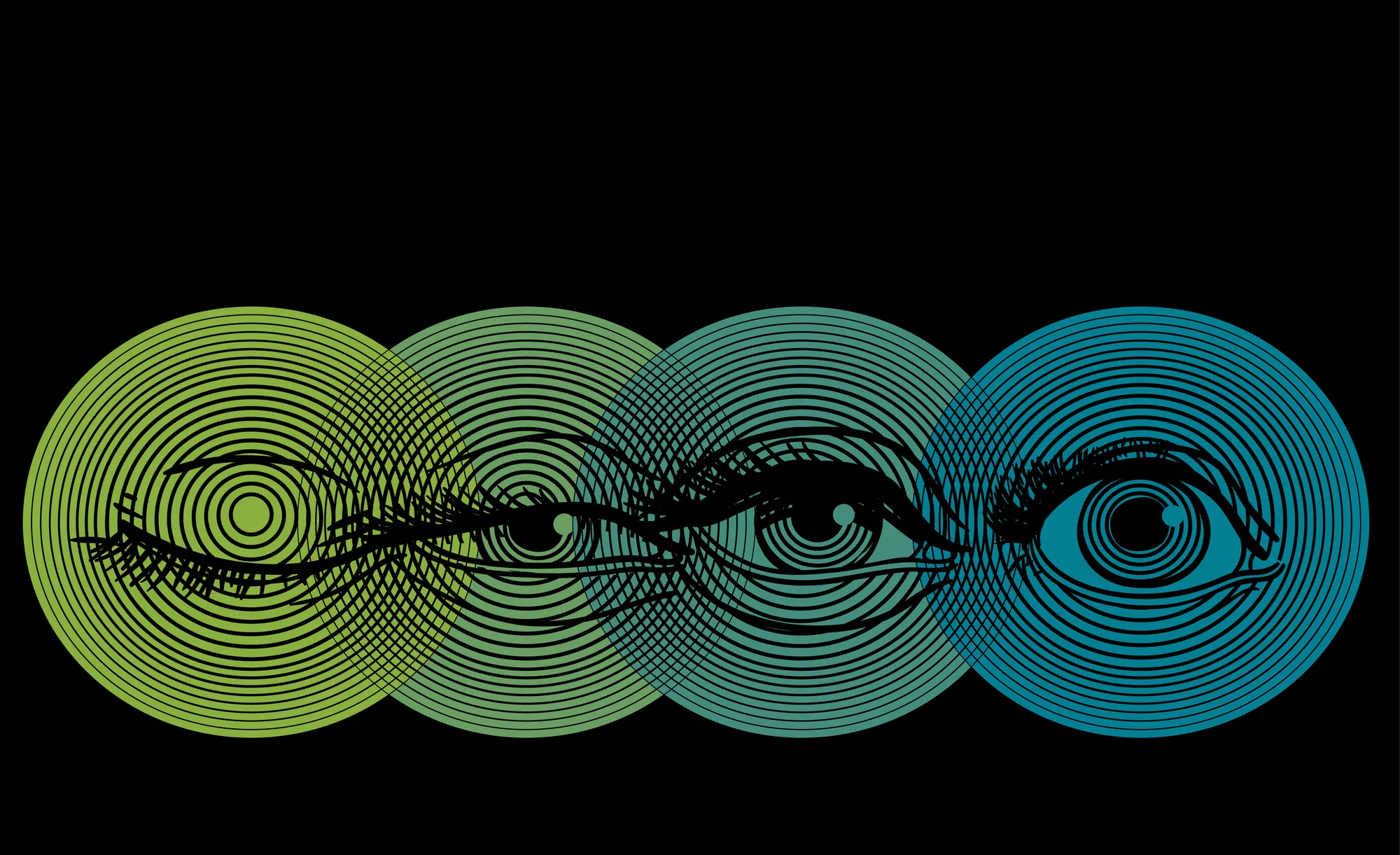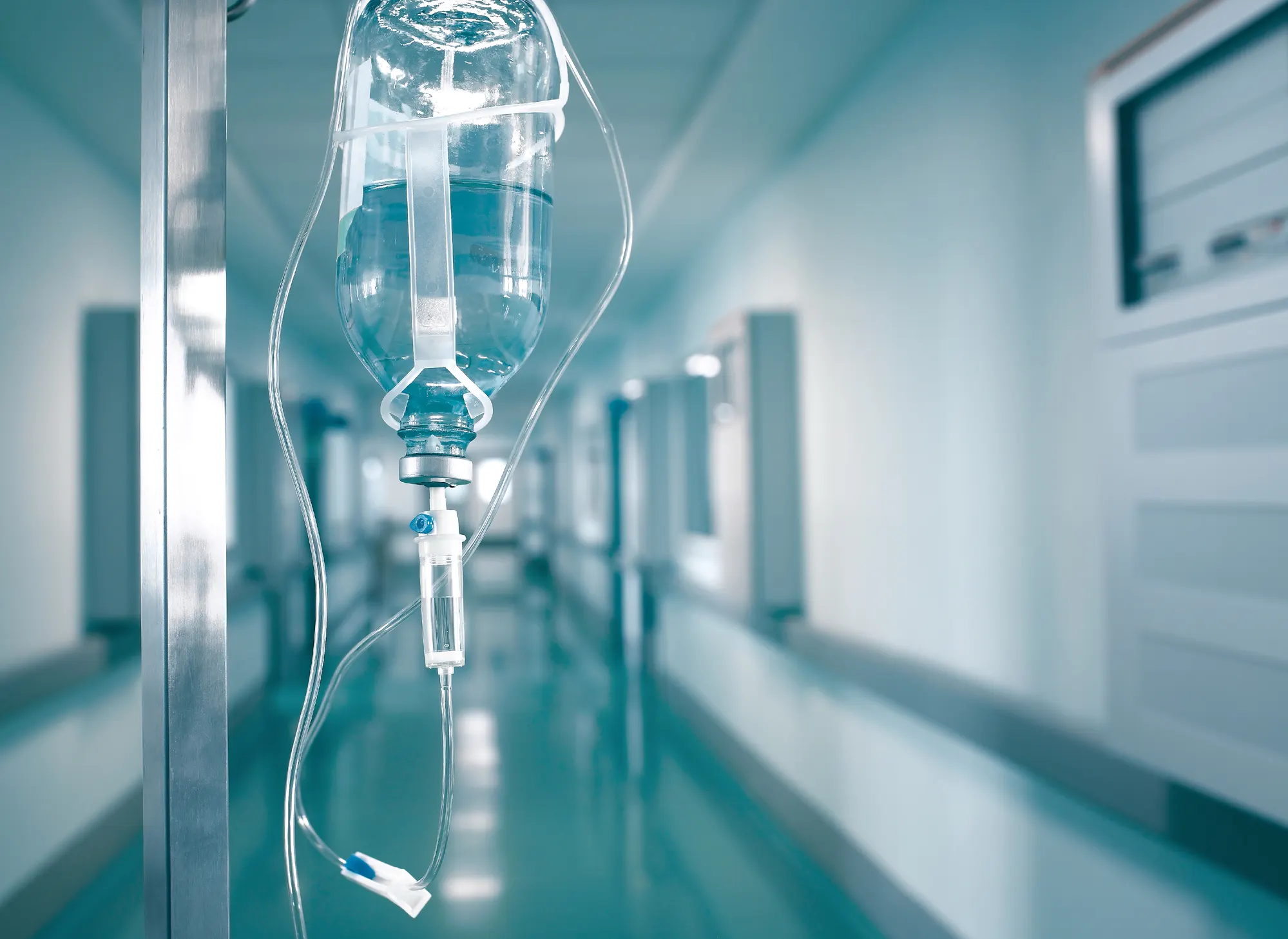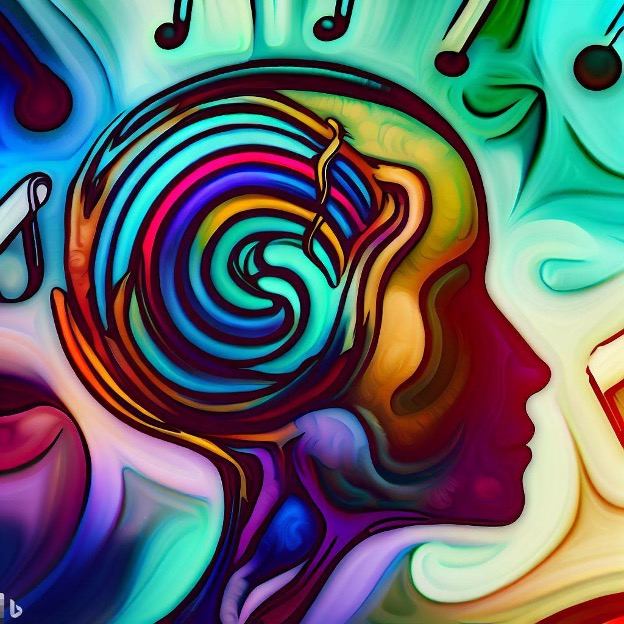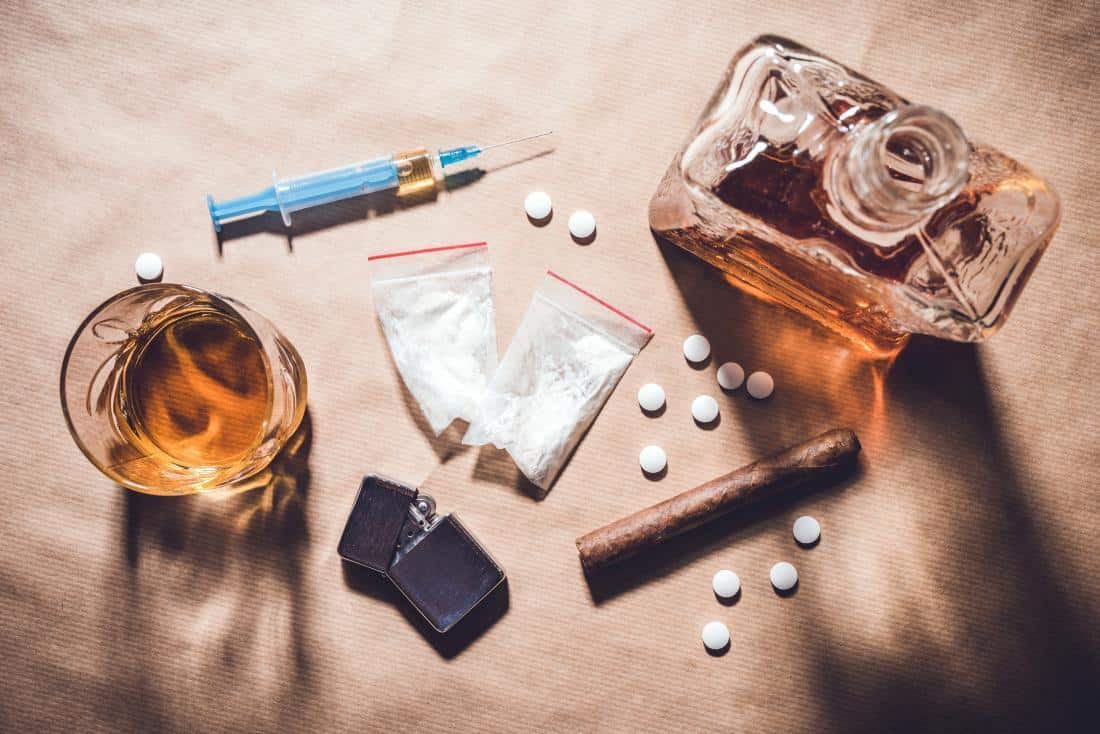In light of ketamine’s effectiveness and tolerability in treating major depressive disorder, researchers are looking into the drug’s potential to treat other mental disorders as well, including post-traumatic stress disorder.
The main treatment for PTSD is currently trauma-focused psychotherapy. While it is effective for some, it shows significant rates of partial or nonresponse, as well as treatment dropout. Very few appropriate medical treatments for PTSD are available. Two SSRI’s are FDA-approved to treat PTSD, and only 20-30% of patients achieve remission following pharmacotherapy with these drugs. Additionally, it can takes months for patients to see improvement with these methods.
The lack of medical options for individuals with PTSD suggests that further research into alternative options is needed. Ketamine is an extremely well-tolerated glutamate NDMA receptor antagonist that is commonly used to treat treatment-resistant depression. New studies are also showing it as a promising treatment for a variety of other disorders, such as anxiety and OCD.
Feder et al. conducted a preliminary randomized controlled trial in 2014 that compared PTSD symptoms in patients with chronic PTSD after a single dose of ketamine and a single dose of midazolam. The results showed the first evidence of a medicine able to provide rapid symptom relief in patients with PTSD. Wanting to examine ketamine as a long-term treatment, the researchers conducted another randomized controlled trial in 2021, measuring the efficacy of a 2-week course of repeated ketamine infusions on individuals with chronic PTSD. They measured the effects of repeated ketamine on overall PTSD severity as well as individual symptom clusters and comorbid depressive symptoms.
There were 30 total participants in the study that were randomly assigned to receive either ketamine or midazolam infusions. Patients received six infusions approximately three times a week over the course of two weeks. Assessments were made on each infusion day for all participants. Additionally, patients who showed clinically significant treatment response were assessed weekly for up to 4 weeks, and then monthly for up to 6 months.
During treatment, safety ratings were administered during the infusion, 40 minutes after, and 120 minutes after. Both the ketamine and midazolam were administered using the same procedure on each day. The drug was administered over the course of 40 minutes via an infusion pump with continuous ECG monitoring from start to end. Additionally, oxygen saturation, blood pressure, and pulse were monitored every 5 minutes during the infusion and every 15 minutes after the infusion (as appropriate).
The CAPS-5 was used to measure change in PTSD symptom severity as the primary outcome measurement. This was assessed at baseline just before the first infusion, at 1 week (before the fourth infusion), and at 2 weeks. It was also assessed at follow-up visits with a past-week recall period. The four PTSD symptom clusters of the CAPS-5, as well as the MADRS, were used as secondary outcome measures. These were administered at the same time points with past-week recall.
At baseline, CAPS-5 scores were similar among both groups. The CAPS-5 scores were significantly lower in the ketamine group compared to the midazolam group both at week 1 and week 2 assessments. Furthermore, significantly more patients achieved a clinically significant improvement in symptoms in the ketamine group compared to the midazolam group. Improvement in MADRS scores was also significantly greater in the ketamine group across study visits.
In 2022, another review article was published which analyzed all of the randomized controlled trials using ketamine to manage PTSD specifically. The authors found that ketamine was a safe and fast intervention for PTSD, although they did mention that more studies are needed to further solidify the position of ketamine in the trauma treatment armamentarium.
Overall, the results showed that repeated ketamine infusions were associated with significant symptom reduction in individuals with chronic PTSD compared to midazolam infusions. Ketamine patients also showed marked improvement over three of the four PTSD symptom clusters (avoidance, intrusions, and negative alterations in mood and cognition). Among participants who responded significantly to the ketamine infusions, improvement was observed as early as 24 hours after the first infusion and was maintained for a median of 27.5 days after the primary outcome assessment day. This study provided the first evidence that repeated ketamine infusions are a safe, well-tolerated, and effective treatment for individuals with chronic PTSD.


























